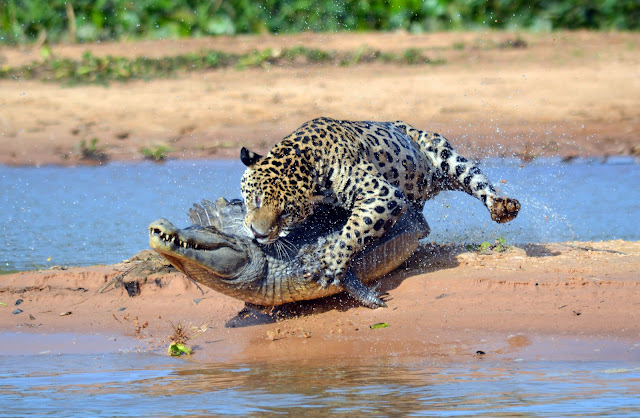Starbucks will close for a conversation on race and bias. Will it make a difference?
I admit it, I spend a lot of time in Starbucks. When I'm in Honolulu, I tend to wake up about 6, and walk a third of a mile up the valley to the Manoa Starbucks. There, I get a coffee and a Honolulu Star-Advertiser newspaper, catch up on local and global events, check out the tide tables, then get out the computer to begin with the emails and do some writing. The clientele is primarily people of Asian descent, which makes sense, since 50%+ of the population of the valley is... people of Asian descent!
 |
| Manoa Valley consists primarily of people of Asian descent, which is similar to urban Honolulu. |
 |
| Manoa Valley around 1900. The primary use of the land was agriculture - taro and rice. This photo is on display in the Manoa Library. |
 |
| Manoa Valley, 1935. |
 |
| Wesley concentrating in the Manoa Starbucks. |
 |
| Inside the North Logan Starbucks today. |
In Logan, I drive or bike to the Starbucks in North Logan, about 2 miles from home. This morning I'm sitting next to one of the regulars, Crescencio, another faculty member from USU, whose parents are from Mexico. In the afternoon, there often is a group of recent immigrants from Eritrea having coffee. I see Dave, Don, Tom, and Monica on a regular basis. More people seem to use the drive-through than come inside, but there are a lot of people who come here after working out at the Sports Academy 2 blocks away. The 2 restrooms don't require a code or key to enter. Logan's population is 13% Hispanic, which mirrors that of Utah.
Okay, why am I mentioning the access to restrooms? You've probably heard about how 2 men, Donte Robinson and Rashon Nelson, were sitting in a Philadelphia Starbucks in April, waiting for another person, when Nelson asked to use the restroom and was told that it was for paying customers only. Later, staff called police, and the African-American men were arrested. The CEO of Starbucks, in a bold move, apologized and ordered that all employees, 175,000+, attend a meeting "for a conversation and learning session on race, bias and the building of a diverse welcoming company." So this Starbucks in North Logan will close today at 2:30.
In a Washington Post article today, journalist Rachel Siegel wrote, "...employees will discuss how they define biases, how biases exist within each person and how they have been personally affected by bias. The conversations will be accompanied by video interviews with implicit bias experts and Starbucks board members. Employees will also go through the U.S. legacy of racial discrimination in public spaces and efforts to address it, beginning with the civil rights movement." Oh, and Starbuck's restrooms are now available to all, regardless of whether you make a purchase.
Last year, I succumbed to the temptation to uncover my genetic past, and sent my saliva to Ancestry.com. The result? My "ethnicity estimate" is 45% Great Britain, 19% Italy/Greece, 16% Ireland, and 15% Scandinavia. Northing from Africa, or Polynesia, or Asia. My extended family reaches the corners of the world, however. Our ʻohana includes beautiful people with ancestries reaching into Africa, Asia, Polynesia, and the original inhabitants of North America. You bet I want all of them to be treated humanely, equally, and fairly. And the way that happens is that we - as in all of us - better understand implicit bias, and work to confront and combat it.
 |
| Our ʻohana celebrating Kawai's graduation in 2017. |
Do you have implicit biases? There are some interesting tests you can complete at Project Implicit, a project out of Harvard University. Their Implicit Association Test "...measures the strength of associations between concepts (e.g., black people, gay people) and evaluations (e.g., good, bad) or stereotypes (e.g., athletic, clumsy). The main idea is that making a response is easier when closely related items share the same response key." Be prepared for some shocking results.
What do I think? I believe all of us have implicit biases. I don't waste time trying to convince others, or myself, that they don't exist. I do tell myself that my goal is to continuously work on recognizing, confronting, and containing my biases. I want to be better today than I was yesterday.
And if Starbucks educates their 175,000 employees, so much the better. I just chatted with an employee mopping the floor. She's not sure what is going to be presented today. Well, she knows in general, but there are no specifics. The training will be 4 hours, the staff will get Jimmy Johns sandwiches, and 175,000 people will be having similar training today.
Let the conversation continue!
 |
| Caroline and Cousin Jim in Manoa. |





Comments
Post a Comment